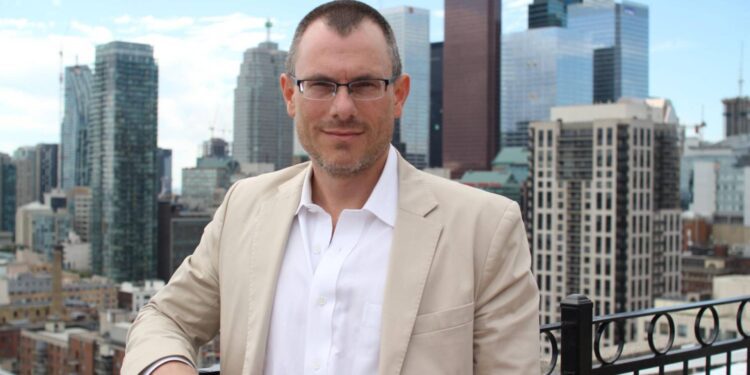Since its debut, The Vatican Deception has sparked diverse opinions, presenting an enlightening perspective crafted by the independent filmmaker and audacious artist, Paul Stark. This documentary offers a profound examination of the enigmatic occurrences that unfolded in the Portuguese region of Fatima, making it both compelling and thought-provoking.
Transitioning from a career in tech consulting to follow his filmmaking aspirations, The Vatican Deception epitomizes Stark’s steadfast commitment to uncovering the truth—one that remains widely debated. Similar to his film, the narrative surrounding Fatima has elicited skepticism for generations, intertwining the Vatican’s involvement in shaping—and potentially obscuring—historical events.
Today recognized for his impact in the documentary realm, Paul once advised various financial institutions, assisting them in safeguarding against the looming Y2K challenges. While many feared a collapse in technology, discussions about prophecies began to rise globally. During this period, Paul discovered the Fatima debate, which sparked his path toward creating The Vatican Deception.
The focus of the film centers on the 1917 Fatima prophecy, where three young children asserted they received a divine revelation from the Virgin Mary. The message they reportedly received was divided into three distinct segments, with the Vatican publicly revealing two, while one remained shrouded in secrecy. As more individuals in the Portuguese community began to take note of this increasingly popular prophecy, they awaited further announcements. In 1960, when there were hints that the third secret would be disclosed, the Vatican took an unexpected turn, remaining silent and allowing speculative rumors to flourish.
The Vatican Deception closely examines the hypotheses that arose, probing into plausible reasons why the Vatican chose not to disclose such anticipated information. Known for decades as ‘the final message of the prophecy,’ the purpose of this secret has been the subject of ongoing suspicion. Consequently, this had a significant influence on those who heard the tale of the three children, linking it to various significant global occurrences.
Stark’s documentary features conversations with individuals from within the Vatican and engaging discussions with prominent theologians. Its thorough investigation into history and the narrative since then uncovers internal rifts that have existed within the Vatican itself—divisions between those ardent on revealing the truth and those intent on covering it up.
Renowned film critic Dr. Elizabeth Yore praised the documentary, describing it as comprehensive, stimulating, and captivating. Nonetheless, initial reactions to The Vatican Deception were not universally favorable, with some viewers perceiving it as a disquieting exposé, yet an essential one on the pursuit of truth. Motivated by an unyielding quest for accuracy, Paul Stark aspires to elevate awareness of this overlooked segment of history, which he believes should be acknowledged by the Vatican today.
One of the film’s strongest components is Paul’s ability to draw parallels between contemporary events and the warnings issued by the children of Fatima. Indeed, he even relates the Vatican’s ‘deception’ to the Communist regime in Russia, World War II, and other worldwide conflicts. Paul posits that the Vatican’s agreement with Russia in the 1960s was a critical concession—an essential moment that carried serious repercussions for both the Church and the wider world.
Regrettably, censorship played a significant role in the release and reception of the documentary. While the film garnered favorable reviews on major platforms such as IMDb, its distribution soon faced challenges as some critics labeled it too divisive and contentious. To counter this unfortunate situation—which echoes the fundamental themes tackled in the film—Paul has ensured that it is affordably priced on his own website, encouraging broader audience engagement with his courageous work.
As Paul Stark endeavors to distribute the film in more formats, he continues to strategize new methods to surmount the obstacles he faces. He advocates for genuine freedoms—of expression, art, and speech—as he remains unwavering in his quest to discover the true version of history, one that may be uncertain, but is certainly open to questioning. Whether Stark’s film leaves viewers feeling perplexed or motivated, those who watch The Vatican Deception are encouraged to think independently and maintain their curiosity, despite the efforts of others to suppress or overlook historical truths.


